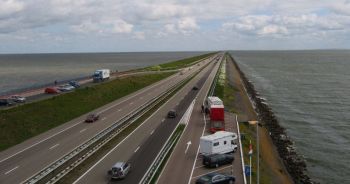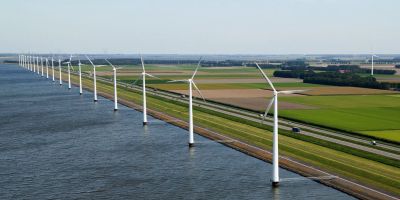Topic
How planning in the Netherlands aims to guide towards sustainable development

PASF aims to familiarize the participants with the ways that Dutch urban, environmental and infrastructure has developed in such a way that today, the Netherlands is considered one of the ' best' or in any case: 'most' planned countries in the world. But as the world is constantly changing, Dutch planners are always interested to learn from experiences elsewhere in the world. Therefore, this course focuses on the achievements, challenges and innovations of urban and regional planning in the Netherlands. Some of the internationally well-known features of the Dutch planning system include:
- dense urban development and compact cities, and almost no urban sprawl;
- an exceptional high use of bicycles in the modal split (27% of all trips by bicycle);
- ongoing adaptations to the challenges of climate and climate change (e.g., not less than 60% of the Dutch population lives below sea level);
- high environmental standards, and innovative transportation planning aimed at reducing emissions and energy use;
- affordable, high-quality housing (also for lower income groups) in and mixed income neighborhoods;
- culture of integrated and interactive decision-making;
- heritage management policies aimed at utilizing past forms for present functions;
- long tradition of water management for the urbanizing delta-region;
- preservation of agricultural areas and nature areas, including the creation of ‘new nature’.
The planning policies and strategies behind these features are discussed in this summer school, as well as possibilities to transfer the concepts and policies to other countries (including Brazil and Indonesia).

| Last modified: | 09 July 2019 7.46 p.m. |
